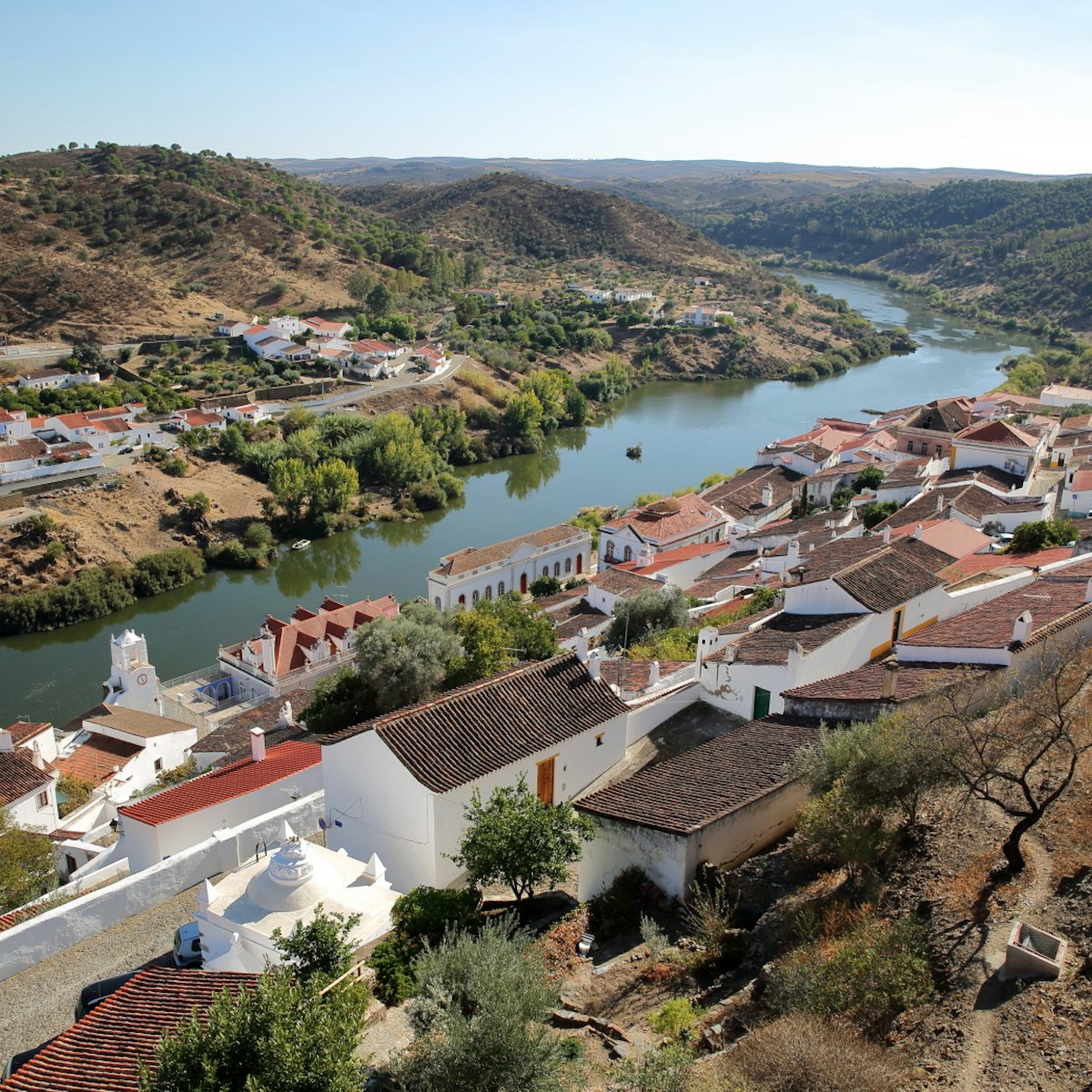Beja's must-see attraction is set in a 15th-century Franciscan convent and the backdrop to an unlikely romance between a nun and soldier that inspired Letters of a Portuguese Nun. A romantic setting, the convent is a delicate balance between no-nonsense Gothic and Manueline flights of fancy. The interior is lavish, with a rococo chapel of 17th- and 18th-century gilded woodwork. Also on display are Roman lamps, glass bottles and stelae, and 16th-century paintings.
The chapter house is incongruously Arabian, with a beautiful ceiling painted with unfurling ferns, 16th-century tiles and a carved doorway. The cloister has some splendid 16th- and 17th-century azulejos.
The admission fee includes entry to the Museu Visigótico.

